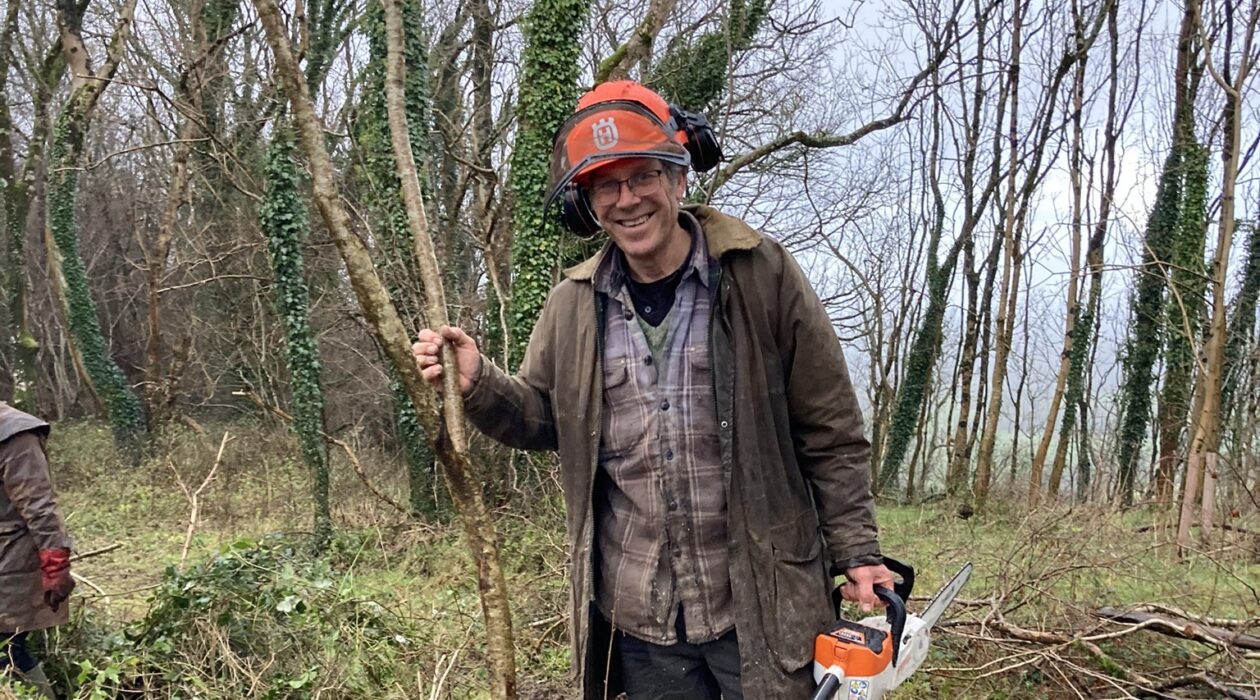The Hogchester Meadows Expansion Project
Meadow Creation using Brush Harvester

Meadow Creation using Brush Harvester

Flower rich meadows with their dazzling array of buzzing pollinators are one of the most iconic landscapes features of West Dorset. Sadly, around 97 % have been lost in the last 100 years due to changes in land use.
However, the Hogchester Meadows Expansion Project supported by both Farming in Protected Landscapes (DEFRA funding) and the Landscape Enhancement Initiative (National Grid funding) wanted to increase the availability of local wild flower seed for meadow restoration projects in the region. Many sites where remnant populations of botanically diverse grasslands are actually quite tiny, less than 1 ha in size. Conventional seed harvesting equipment was too bulky to access these to harvest them to use as a seed source for meadow restoration projects. However, Rob Powell from Hogchester and Nick Gray from Dorset Wildlife Trust knew of a neat piece of kit which could do just the job. By working with the Dorset National Landscape, they’ve been able to access funding to purchase this equipment, transport it from site to site, and train local people to operate it in a not-for-profit venture. With the help of volunteers to winnow and sort the seed, and even some inventive seed sorting mechanisms in development, over 12ha of new meadows were seeded in 2022 at 18 individual sites, using seed from 9 donor sites.
The objective of this project was to invest in a scheme in to increase local capacity to create new wildflower meadows. These would contribute towards the Climate theme by improving water storage capacity in soils, and storing carbon. And towards the Nature theme, by increasing area and connectivity of nature rich habitats, which will lead to an overall increase in biodiversity, including plants, insects, birds, and bats.
Fields at Hogchester and 8 other local sites were extensively brushed yielding more than 275kg of seed in the first year of operation. This was supplemented by hand harvested seed to make seed mixes that contain a wide range of relevant species. Seed was generally hand strewn onto donor sites, but a fraction was also purified to a standard that can be used for drilling, which is considered the optimal method of sowing. Donor sites were prepared by local farmers after advice from Dorset Wildlife Trust. The applicant trained up 7 local operators, and carried out machinery maintenance.
Nine sites were brush harvested in the first year of this project, resulting in >275kg of wildflower seed. This resulted in 12 ha of new meadows being sown at 18 sites.
There is widespread interest in wildflower meadows restoration, and demand outstripped that which was envisaged in the first year by a large margin. Seed handling, drying, purification and separating took much longer than expected. The brush harvester is not particularly robust and has to be handled with care by operators. It is also not licenced for towing on UK roads so has to go on a trailer to move between locations.